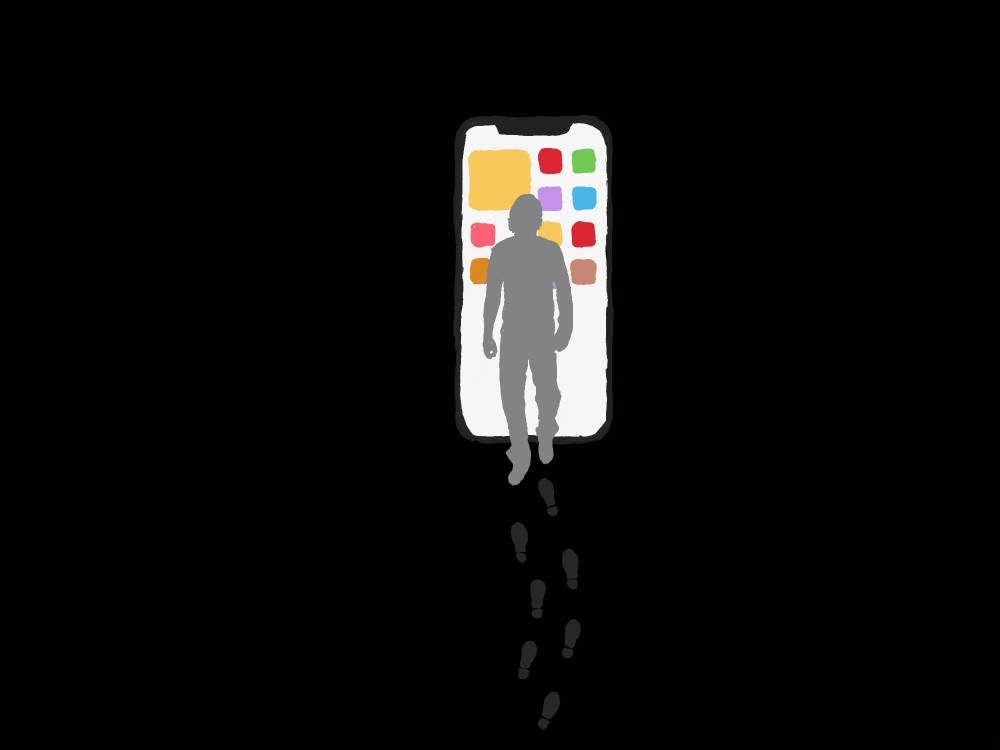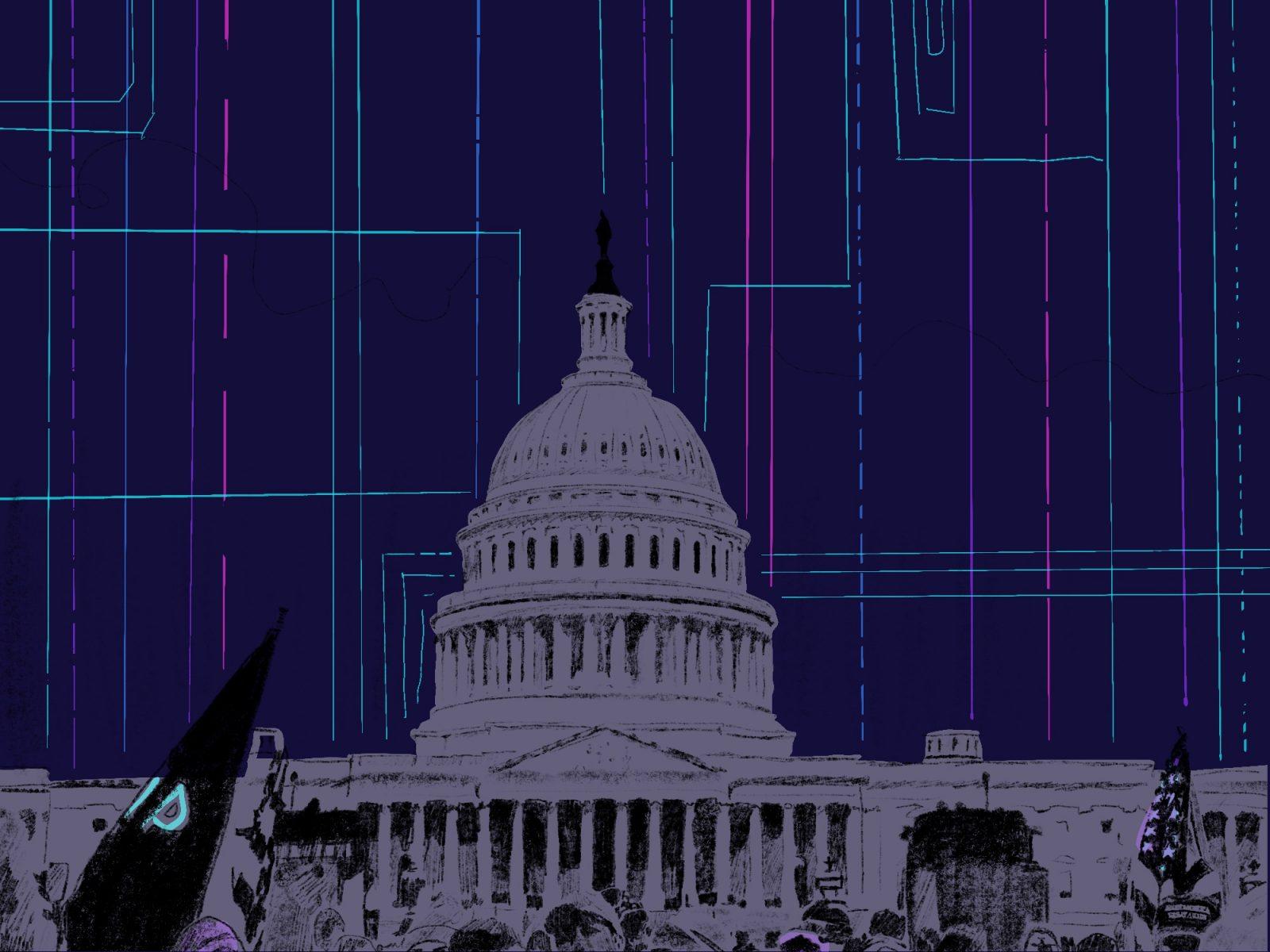It is a very recent phenomenon to have complete access to the world’s record of events, ideas and opinions. Only two decades ago, personal data wasn’t meticulously cataloged and distributed as it is today. But now, each mouse click and keystroke etches an indelible mark into virtual stone, whether we like it or not.
We’re presented with a tough question: How do we protect our right to privacy against the unforgiveness of a digital legacy shaped not by us, but by dominant tech companies? This question isn’t just about legalities, but also about the many personal challenges we will face in a world where the permanence of yesterday’s stains can overwhelm the outcome of today’s endeavors.

The internet’s wealth of available information has democratized knowledge and promoted global connectivity. There is no doubt about that. However, in the name of democratizing information and promoting connection, we’ve been fooled by a wolf wearing sheep’s clothing: The internet jeopardizes the spirit of growth by burdening us with the weight of a guilty conscience — a conscience that has been poisoned by our own digital histories.
I’m indeed an admirer of many modern conveniences made possible by the internet, make no mistake. But as we indulge in some benefits, we must also be cognizant of some drawbacks.
We must understand that unchecked privacy violations aren’t merely minor side effects — they’re critical issues which target the heart of our online experience. As internet users, this situation challenges us to entirely reconsider how we share online.
Personally, I’ve found myself erring on the conservative side of this dilemma. I try to steer clear of the frenzy of online visibility — other than The Daily Free Press. You won’t find me on Instagram, X or TikTok. And Snapchat? I’m still scratching my head over that one’s appeal. I’ve only recently — and very much begrudgingly — made a concession for LinkedIn, but to be honest: It was a case of “I guess I should” more than “I really want to.”
Forgive and forget
In today’s online privacy discourse, the “right to be forgotten” has emerged as a leading issue — it’s a modern legal right that allows people to erase their personal information from search results and databases. Fundamentally, it recognizes that our online personas are fluid rather than fixed, and gives users the authority to make corrections.
However, the “right to be forgotten” has raised some ethical conundrums when considering content ownership, posing difficulty in determining which digital footprints end-users deserve the right to erase, and which ought to remain online.
Should, for example, a social media platform comply with a defendant’s request to remove incriminating evidence against them amidst active investigations?
Even for everyday internet users, we find difficulty in finding the balance between building an authentic — with emphasis on “authentic” — online profile and also protecting our offline privacy. For lawmakers writing legislation, the goal here shouldn’t be to codify the interests of prosecutors or Big Tech into legislation, but to secure individual agency for end-users.
Only then can we preserve the internet’s rich collective memory while also affording end-users the ability to manage their digital footprints.
Shared keys to the internet
This isn’t a challenge for Big Tech to solve alone. It’s a group project. As internet users, we must also be stewards over our digital legacies, curating our profiles not only to reflect us as we are, but also with how we will be. Digital citizenship must be more thoughtful and more responsible to enhance, and not overtake, our lives.
This endeavor demands us to become conscientious architects of our — perhaps everlasting — digital legacies. But it bears a great reward: We’re earning an internet that prioritizes discretion with authenticity, unlike what we’ve had before. And by extension, we’re inheriting a future where our online and offline selves naturally connect to augment — not replace — connection.
I think that, perhaps, it’s time to dial back on oversharing. After all, not every thought needs to become a tweet, and not every moment needs to become an Instagram post.
Remember the age-old advice that our grandparents probably wish they could have tweeted, “Once on the internet, always on the internet”? Well, there’s a kernel of truth in that.


























































































































